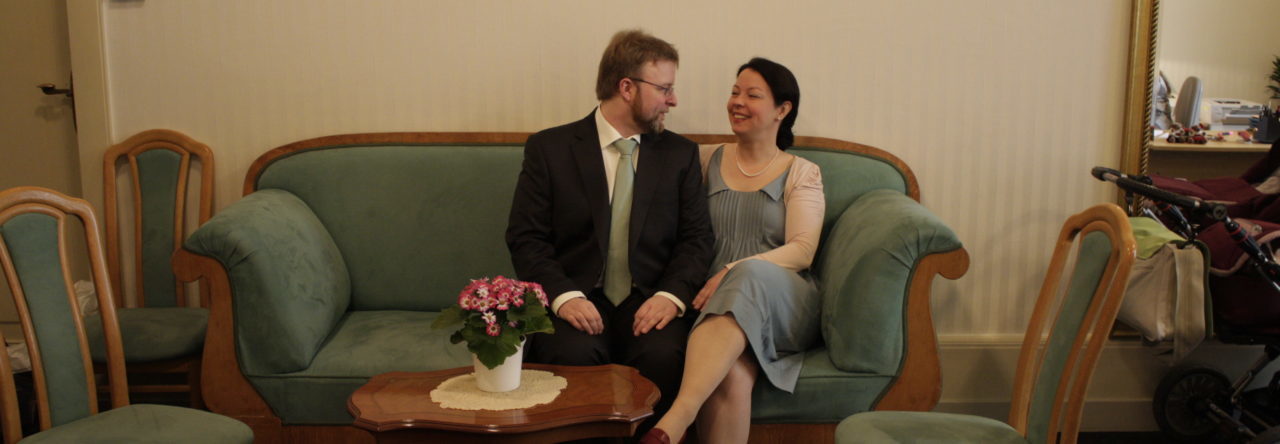I have been reading “Team of Rivals” to the wife for the last four months now with no end in sight, and it starts to feel like we are living through the American Civil War in realtime. So I decided that we should have a break and read something else in between. On my way to the doctor I had recently blindly grabbed a book from Siobhan’s extensive library, which turned out to be an introduction to the work of Slavoj Žižek, so I decided to give that a try, because, after all, the incessant raconteur Žižek is one of the more entertaining philosophers, at least up to a point. Learning about his work instead of just listing to him spinning his yarn on youtube might be fun.
However there must be something wrong, either with me or with Žižek or, most likely, with the book (“Routledge Critical Thinkers”). I had been expected to be initiated into a complex and profound structure of thought (that was certainly what the preface promised), but so far Tony Myers only managed to make Žižek’s ideas drab and unappealing, like some sleight of hand from a less talented street magician who after 40 years is still working on getting his single trick right.
Žižek’s main influences (says Myers) are Hegel, Marx and Lacan. From the first he borrows the concept of dialectics, modified in a way that basically boils down to say that we need the bad to recognize the good by way of contrast. From Marxism he takes the (Marxist? It doesn’t sound like it) “subject” as a abstract vantage point from which to look at the world. The subject relates itself to the world via “ideology”, only Marxism cannot develop a meaningful concept of ideology, because ideology is not abstract but individual, which is why we need Lacan’s ideas on psychoanalysis.
I really hope that I got this wrong, because so far this does not sound profound at all. This trick of saying “I am using the words, but slightly different than anybody else” makes Žižek look like a slightly more telegenic Humpty Dumpty, who revels in the role as the master of his own idiosyncratic vocabulary and urgently hopes that somebody pays him a compliment for his nice cravat, so he can scold them and tell them that this is a belt, or vice versa; it does not matter which way.
It might be that I am unfair because subconsciously (psychoanalysis, indeed) I just do not like Žižek. I prefer philosophy to be actionable in some way, and I just do not see that with him. For the ten years or so that I have occasionally listened to his interviews he has insisted that small steps are re-affirmative and thus counterproductive, and that we have to wait for the big change, which however will not come. How re-affirmative is that, delaying action for ten (or whatever number of) years; image how much way small steps would have covered in that time.
Of course here is links back to my autobiographical experience. I have to imagine an Žižekian physiotherapist as somebody who refuses to do exercises because we have to wait that in ten or twenty or whatever number of years Siobhan will take her bed and walk. But small steps have brought us such a long way during these last two years.
By itself the reading was not the good bit, though. The good bit was that it really felt like we were working through this together – I would read a little, and then try to summarize each paragraph in simple words, and Siobhan would try to guide me with smiles and frowns and ups and downs, and even if I still got it wrong in the end it was a lot of fun. In some ways it was probably even more fun for her than for me, because listening to me trying to use French names must be a hoot. I don’t think even their own mothers would recognize Messrs Lå-Kå and Tzo-ßür once I have finished with their pronounciation.
Still, I think it will be back to Lincoln next time.

Comments are closed.